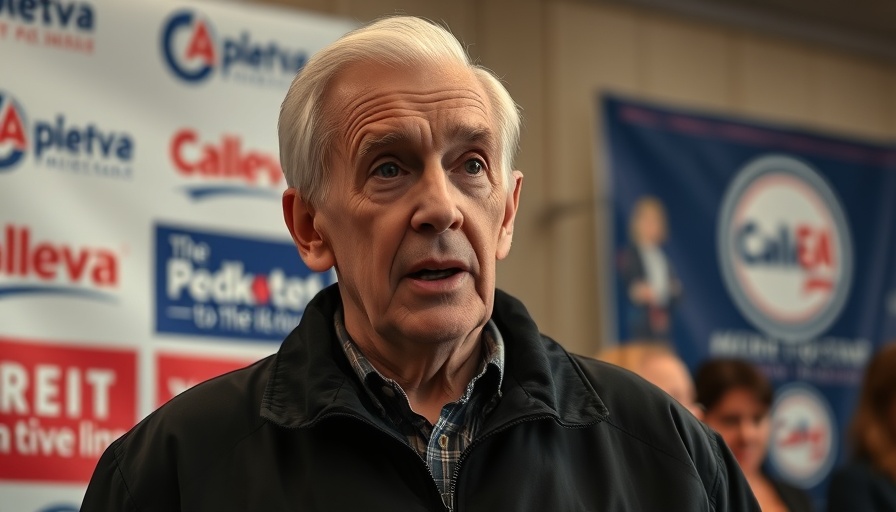
Joe Biden’s Health: The 2019 Questions Resurface
As the discussion around age and health in politics continues to evolve, one of the most prominent figures at the center of this dialogue is former President Joe Biden. During an interview with News 9 in May 2019, Biden faced questions about his age and health when he was only 76 years old. His candid response acknowledged the legitimacy of these concerns, stating, "I think age is a totally legitimate question to ask about...I have nothing to hide. Like I said, just watch me. If I can still run up the stairs, then you might be able to make a judgment." Since that time, the scrutiny surrounding his health has intensified, with renewed interest arising from a recent statement revealing that he has been diagnosed with prostate cancer.
A Shift in Political Expectations
The political landscape has changed drastically since Biden's 2019 remarks. As younger candidates emerge to challenge the status quo, concerns about age and vitality resonate more deeply with voters. The question of whether older leaders can effectively meet the demands of modern governance is not new, but it has gained urgency in a rapidly changing world. This rise in scrutiny could reflect the electorate’s desire for transparency and accountability in leadership — especially regarding health.
Understanding America’s Age Bias in Politics
Historically, age bias in the political arena has been significant. Many Americans may unconsciously associate youth with vigor and capability, while older candidates often confront unfounded stereotypes about their capabilities. Research indicates that the perception of age varies significantly across different demographics, raising questions about how political views correlate with perceptions of age and health. This disconnect illustrates the complex narrative that older politicians must navigate and the societal attitudes that continue to shape these perceptions.
The Role of Media in Political Health Discourse
The media plays an essential role in shaping public perception regarding the health of political candidates. Analysts must weigh their responsibility to inform the public against the potential for sensationalism. In Biden’s case, the media acted as a platform not only for concern but also for accountability. It is imperative that as voters, we encourage a balanced discourse about the age and health of our leaders, acknowledging their experiences while demanding transparency.
Lessons from Biden: How Health Disclosures Impact Politics
Joe Biden’s decisions regarding health disclosures have far-reaching implications for fellow politicians. His willingness to discuss age and health openly offers a template for future candidates to follow. Emphasizing the inevitability of health challenges while simultaneously showcasing capability can foster a more informed electorate. Politicians could take a cue from Biden, choosing to share relevant health information to build trust with voters and mitigate concerns regarding their fitness for office.
Future Predictions: The Evolving Landscape of Leadership
As the U.S. grapples with changing demographics, we may see a shift in what political candidates represent. Future leaders might increasingly reflect a blend of experience and vitality, prioritizing health and wellness alongside political acumen. With growing awareness of health issues, we can expect a push for more inclusive narratives around age in politics, potentially redefining what it means to be a leader in the years to come.
Conclusion: The Stakeholders’ Responsibility
As we navigate this complicated narrative about age and health in politics, stakeholders—from voters to candidates—must acknowledge their roles. Voters must engage in constructive dialogue, while candidates should be empowered to provide open responses regarding their health. It’s up to all of us to foster an environment where transparency contributes to trust in leadership, regardless of age.
 Add Row
Add Row  Add
Add 




Write A Comment